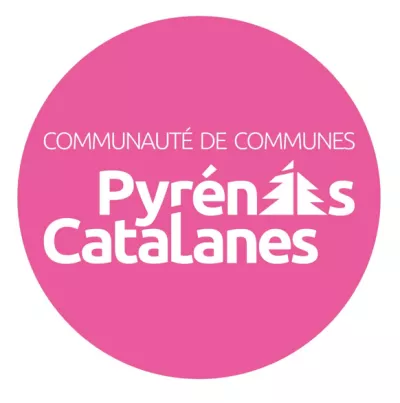General information
RDP Priority
- P6. Social inclusion and local development
RDP Focus Area
- 6B: Local development
RDP Measure
- M07: Basic services & village renewal
Beneficiary type
- Local / regional authority
Summary
Since 2017, the development of two multi-professional health centres (maisons de santé pluri-professionnelles (MSPs)) has made it possible to set up a more equally distributed health service throughout the remote Pyrénées-Catalanes territory.
Results
- Co-funded by the EAFRD, these well-equipped centres have helped to attract and retain medical practitioners in areas with a low or fragile supply of healthcare.
- Supported by public authorities, it improves the quality and efficiency of care for patients, thanks to improved coordination between professionals.

Promoter
Communautés de communes Pyrénées Catalanes – Maisons de santé
Funding
Total budget: 180 000 (EUR)
EAFRD: 100 000 (EUR)
National/Regional: 80 000 (EUR)
Ressources
Good Practice Report - Two multi-professional health centres for accessible local health services in the Pyrénées-Catalanes
(PDF – 783.64 Ko)
Context
In 2017, the municipalities of the Pyrénées-Catalanes region decided to strengthen local healthcare services. This decision was the result of awareness-raising actions led by local medical practitioners, who observed a decline in the number of doctors in the area and the ageing of most local practitioners. Their exchanges with elected representatives led to a mobilisation to develop health services in the area.
The municipalities applied for EAFRD support to contribute to the development of two health centres on three sites across the Pyrenees and around the town of Font-Romeu. The project led to the creation of the Haute-Cerdagne health centre, the Capcir health centre and the Bolquère health centre. These are three well-equipped facilities providing a network of health services across mid-range mountainous areas that face particular accessibility difficulties.
Objectives
The aim of this project was to improve healthcare access for the local population and increase the number of available rural health specialists.
Activities
Project activities included:
- Developing plans for three new, fully staffed and equipped health centres located in different areas of the region.
- Coordinating the three health centres’ programmes of activity under the collective authority of the municipalities of the Pyrénées-Catalanes.
- Disseminating information to medical staff and installing new practitioners in the health centres.
- Recruiting two coordinators to ensure dialogue and exchanges between health centres.
- Linking the different activities of the three health centres with the objectives of the overall 'Local Health Contract', which aims to reduce social and territorial inequalities by taking health variables (mobility, housing, town planning, early childhood, leisure, culture, education, etc.) into account when adapting service provision.
Main results
- This project led to the creation of two health centres on three different sites near Font-Romeu. The health centres host a wide variety of practitioners, including doctors, nurses, chiropodists, physiotherapists, osteopaths, dieticians, psychiatrists and psychologists.
- The presence of the health centres and their connection to the wider psychosocial services sector also raise local awareness of health issues and encourage residents to seek help. A good example of this is the collaboration between the Haute-Cerdagne health centre and the association Addictions France, which provides support for issues linked to alcohol, drugs, tobacco, etc.
- Two newly appointed coordinators (one for the Haute-Cerdagne health centre and another for the Capcir health centre) coordinate services across the three different sites. This ensures that all activities are monitored, which improves patient care.
- Lastly, these health centres provide an opportunity for young doctors to set up in the area and develop their own practice.
Key lessons
- Exchanges and coordination between the health centres ensure the provision of a range of services that can be adapted to each patient's needs.
- This scheme helped to make the region more attractive to medical practitioners. As of 2023, the facilities are fully used by the current practitioners and more space is needed to accommodate new specialists or doctors who wish to set up services in the area.
